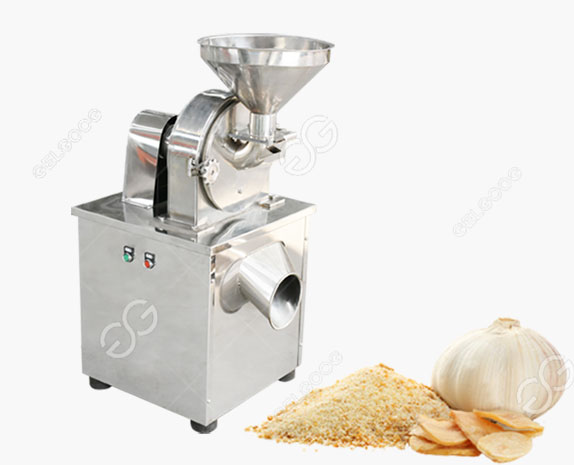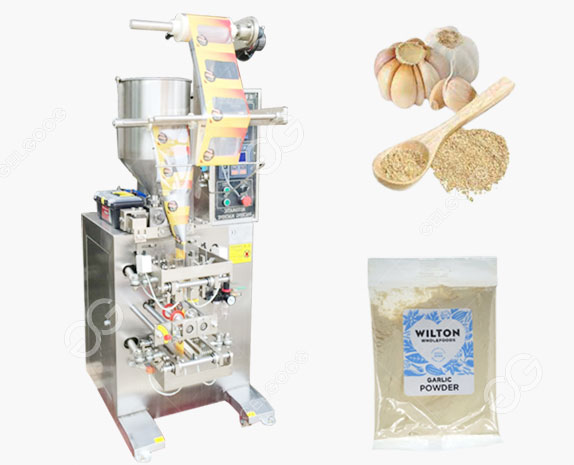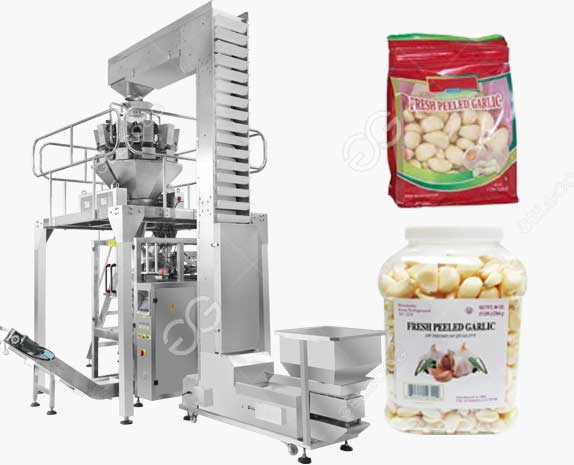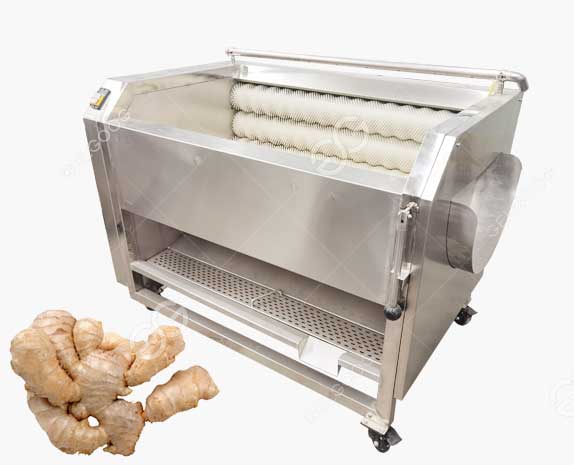In recent years, Kenya has seen a significant rise in innovative agricultural practices, aiming not only to boost food security but also to tap into more sustainable and eco-friendly food production methods. Among these innovative ventures is the processing of banana flour, a practice that is slowly transforming livelihoods, enhancing nutritional profiles, and opening up new markets for small-scale farmers and entrepreneurs alike.
The Journey of Banana Flour
Banana flour processing in Kenya is more than just a method of food production; it's a story of resilience, innovation, and sustainability. This journey begins in the lush, verdant banana plantations that dot the Kenyan landscape, particularly in regions like Kisii, Meru, and the larger Mount Kenya region. Here, bananas are not just a staple food but a key economic driver for many households.
Why Banana Flour?
Banana flour is made from green bananas that are peeled, sliced, dried, and then ground into a fine powder. This process transforms the humble banana into a highly versatile and nutritious product that boasts a range of health benefits. Rich in dietary fiber, potassium, and vitamins, banana flour is gluten-free, making it an excellent alternative for those with gluten intolerance or celiac disease. Additionally, its high resistant starch content is beneficial for gut health, potentially regulating blood sugar levels, and aiding in weight management.
The Processing Steps
The production of banana flour in Kenya involves several critical steps, meticulously carried out to ensure the final product retains its nutritional value and is safe for consumption:
Selection and Harvesting: The first step involves selecting the right bananas for flour production. Typically, green, unripe bananas are used because of their higher starch content.
Peeling and Slicing: Once harvested, the bananas are peeled and sliced into thin pieces to facilitate uniform drying.
Drying: The slices are then dried, either naturally under the sun or using solar dryers. The drying process is crucial as it affects the flour's quality and shelf life.
Grinding: The dried banana slices are ground into a fine powder. This process may require industrial milling machines for large-scale production, although smaller enterprises might use local grinders.
Packaging: The flour is then sieved to ensure a smooth texture and packaged in airtight bags or containers to prevent moisture absorption and contamination.
The Impact on Local Communities
Banana flour processing has had a tangible impact on local communities in Kenya. It provides an alternative market for bananas, especially in areas where bananas are abundant, and market prices are low. This has been a boon for farmers, offering them a way to diversify their income and reduce post-harvest losses.
Moreover, the banana flour industry is creating employment opportunities, from the farming stage to processing and marketing. Women and youth, in particular, have found roles in the value chain, empowering them economically and socially.
Challenges and Opportunities
Despite its potential, the banana flour industry in Kenya faces several challenges. These include the lack of advanced processing technology, limited access to capital for small-scale producers, and the need for more awareness about banana flour's benefits among consumers. However, these challenges also present opportunities for investment, innovation, and the development of supportive policies by the government and non-governmental organizations.
Conclusion
Banana flour processing in Kenya is more than just an agricultural venture; it's a testament to the country's innovative spirit and commitment to sustainable food production. As this industry continues to grow, it holds the promise of not only improving nutrition and health but also supporting economic development and environmental sustainability. With the right support and investments, banana flour could well become a staple in Kenyan diets and a significant export product, showcasing the country's ingenuity on the global stage.
We are a manufacturer of banana powder processing plant solutions. We can provide complete banana powder processing technology, factory design and equipment installation services. If you want to start related business, you can contact us at any time and we will provide you with complete solutions.




